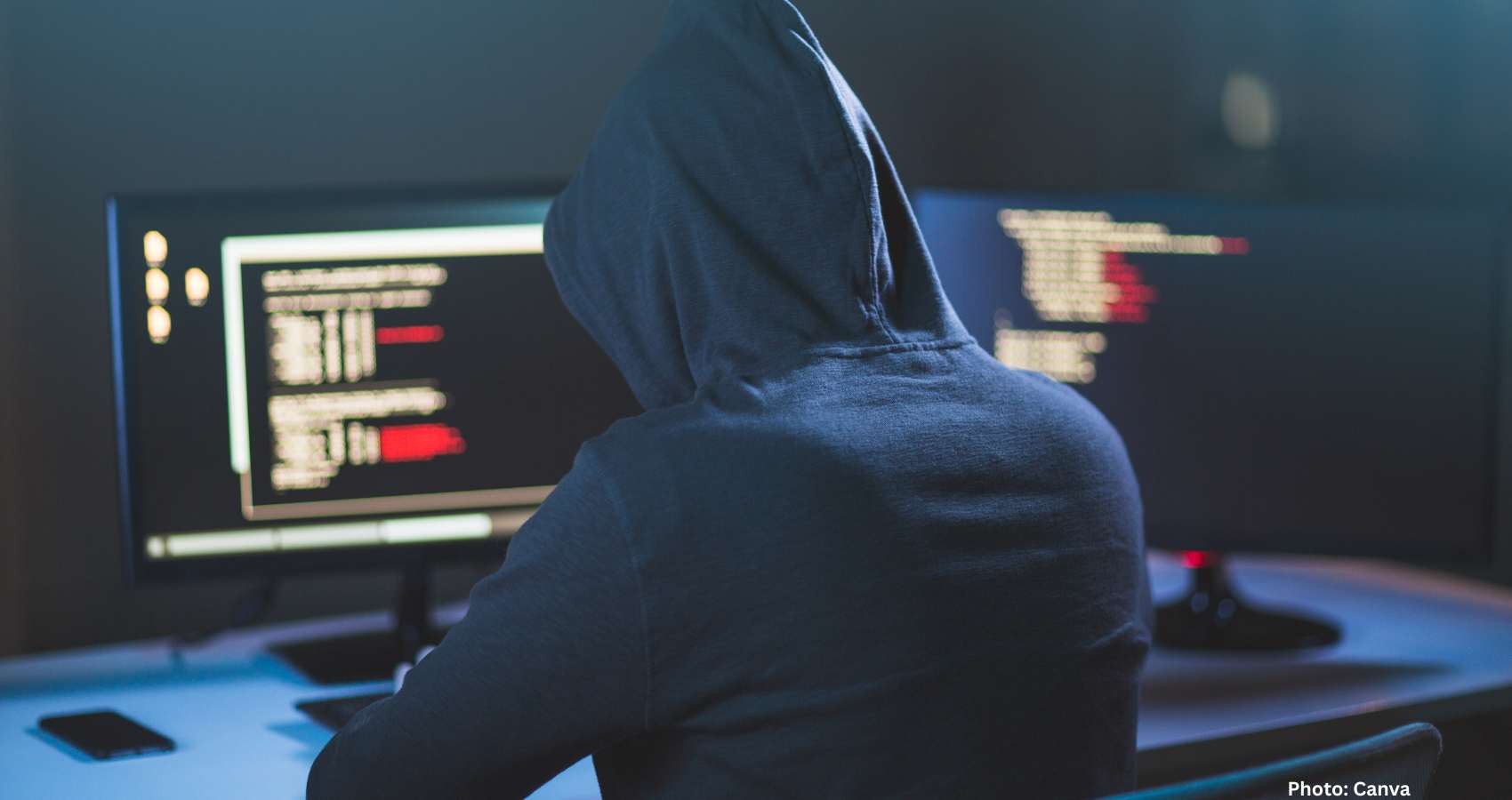Cybercriminals are increasingly using fake invitation emails to deceive recipients into downloading malware and compromising their personal information.
In a concerning trend, cybercriminals are employing deceptive tactics by sending fake invitation emails that appear to originate from legitimate services. These emails often promise an “exclusive invite” or prompt recipients to download software to access event details. A single click on these links can lead to malware installation on your device.
Recently, I encountered one of these fraudulent emails. It came from a Gmail address, which initially lent it an air of authenticity. However, the language used raised a red flag: “Save the invite and install to join the list.” No reputable service would ever request that you install software merely to view an invitation.
These emails are designed to look polished and often mimic well-known event platforms. When users click on the provided link, they are directed to a site that pretends to host the invitation. Instead of displaying event details, the site prompts users to download an “invitation” file, which is likely to contain malware.
In my case, the link led to a suspicious domain ending in “.ru.com.” While it superficially resembled a legitimate brand name, the unusual suffix served as a warning sign that it was not an official site. Cybercriminals frequently utilize look-alike domains to mislead users into believing they are visiting a legitimate website.
There are several warning signs that should prompt caution before clicking on any links in these emails. If you notice any of these indicators, it is advisable to close the email and delete it immediately.
To protect yourself from these malicious invitation emails, it is essential to remain vigilant. Before clicking on any “Download Invitation” button, hover your mouse over the link to check its destination. Authentic invitations will originate from the company’s official domain. Scams often employ unusual endings, such as “.ru.com,” instead of the standard “.ru” or “.com.” Recognizing these subtle clues can help you avoid significant problems.
If you accidentally click on a malicious link, having robust antivirus protection can help detect and block malware before it spreads. This serves as a crucial line of defense against fake invites that may infiltrate your inbox.
To further safeguard yourself from malicious links that could install malware and potentially compromise your private information, it is advisable to have strong antivirus software installed on all your devices. This protection can also alert you to phishing emails and ransomware scams, ensuring the safety of your personal information and digital assets.
Cybercriminals often distribute these emails by stealing contact lists from infected accounts. Utilizing a personal data removal service can help minimize the amount of your personal information circulating online, making it more challenging for cybercriminals to target you. While no service can guarantee the complete removal of your data from the internet, employing a data removal service is a prudent choice. These services actively monitor and systematically erase your personal information from numerous websites, providing peace of mind and reducing the risk of being targeted.
Additionally, hackers tend to exploit outdated systems, as they are easier to compromise. Regularly updating your operating system and applications can patch vulnerabilities, making it significantly more difficult for malware to take hold.
It is also important not only to delete suspicious invites but to report them to your email provider. This action can enhance their filtering systems, protecting you and others from future fraudulent emails.
Even if hackers manage to obtain your password through a phishing attack, implementing multi-factor authentication (MFA) adds an extra layer of security to your accounts. This measure makes unauthorized access nearly impossible without your phone or a secondary code.
In the unfortunate event that malware damages your computer, maintaining backups ensures that you do not lose critical data. Utilizing an external hard drive or a trusted cloud service can provide peace of mind in such situations.
Fake invitation emails are crafted to catch recipients off guard. Cybercriminals rely on individuals acting quickly and clicking without due consideration. Taking a moment to scrutinize an unexpected email could save you from inadvertently installing dangerous malware.
Have you ever received a fake invitation email that seemed convincing? How did you respond? Share your experiences with us at Cyberguy.com/Contact.
Source: Original article

